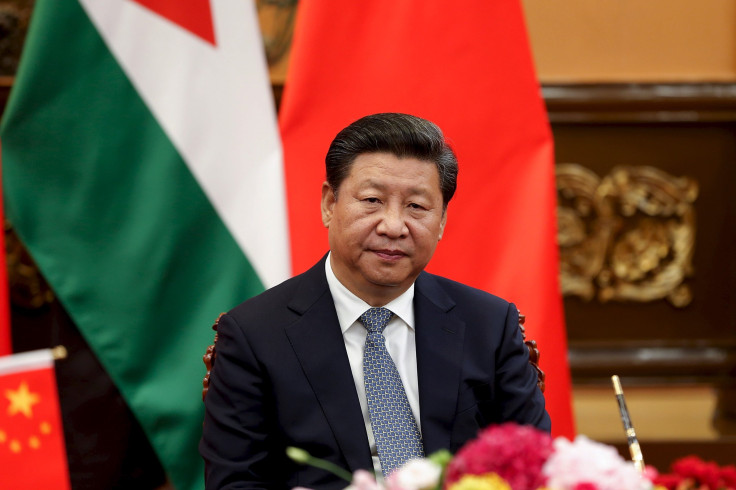China, US To Sign Defense Deals: Trade, Environmental Agreements Expected During Chinese President's Visit To America

During Chinese President Xi Jinping’s visit to the United States in late September, the two countries are expected to sign a series of deals on a wide range of issues including the environment and commerce, the Chinese foreign minister told Russia's Sputnik News Wednesday. Xi’s first official state visit to the United States, scheduled for next Tuesday through Sept. 25, follows U.S. President Barack Obama’s visit to Beijing last year.
The United States will sign a number of agreements that will have long-term significance, Foreign Minister Wang Yi said, adding that Xi’s visit is supposed to be a positive signal to the world. "The parties are to reach consensus on energy, trade, humanitarian sphere, climate change, environmental protection, finance, agriculture, defense, law enforcement, aviation and infrastructural development," Wang told Sputnik News.
It was announced Tuesday that the United States and China were set to reveal more carbon emission regulations for some areas of China. These new rules were put in place to reduce carbon emissions at a much faster rate than Obama and Xi have promised in the past.
China had previously said it would begin lowering its emissions by 2030, but under the new commitment, the Chinese cities of Guangzhou, the country's third-largest, and Beijing, one of the world's largest, have promised to start tapering off emissions by at least the end of 2020, according to the Los Angeles Times. The United States has pledged to lower its emissions by 2025 to 28 percent below 2005 levels.
Chinese President Xi Jinping will pay state visit to U.S. from Sept. 22 to 25: FM spokesperson pic.twitter.com/MVsWNotSzR
— China Xinhua News (@XHNews) September 16, 2015
During Xi’s visit to the U.S., he also plans to visit technology companies in Seattle and the U.N. General Assembly in New York City. Xi and Obama are also expected to discuss other issues between the U.S. and China, such as China’s alleged cyberespionage on America and disputed maritime territory in the South China Sea.
© Copyright IBTimes 2024. All rights reserved.











